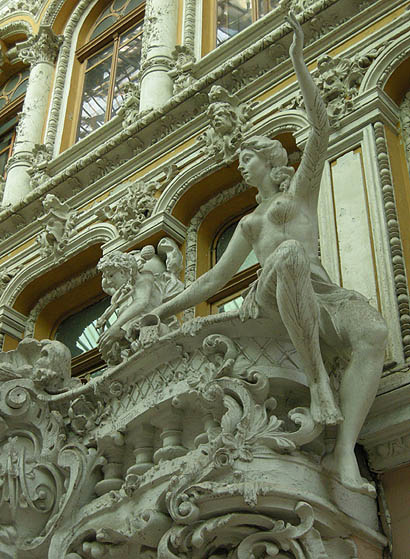
As I return a hour later, I find him closely next to the car. His face brightens up when he sees me. “Esztergom”, he blurts out as a long-sought treasure. “The cathedral at the river. Along the border.” “Were you inside, too?” “Once, on a seventh of November sightseeing.” “Nem tudom (I don’t know)”, he adds as I’m moving out with the car. “That’s all I know in Hungarian.” “The most important thing a common soldier has to know”, I encourage him. “In fact, nothing more was necessary”, he says.
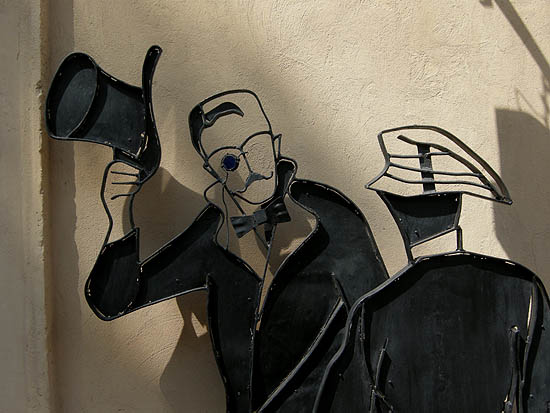
The cars parking behind the Deribasovskaya narrow down the once two-lane street to one, the oncoming cars give way to each other at the gap on the principle of the two small goats. A huge black mafia BMW is pressing forward through the gap against me. I recall Ilya Varlamov’s thumb rule of the highway code of Odessa: the more expensive car has the priority. However, that’s not why I start to reverse, but because I would do so in Budapest as well. I beckon to the BMW, it slowly starts to come. When it arrives at my side, the window rolls down, the bald head is leaning out. I already look forward to its enriching with a new item my collection of Russian abuses. “Keszenem szépen” (thank you, in Hungarian with a Russian accent), he says smiling. I even have no time to smile back, BMWs are always in a hurry.
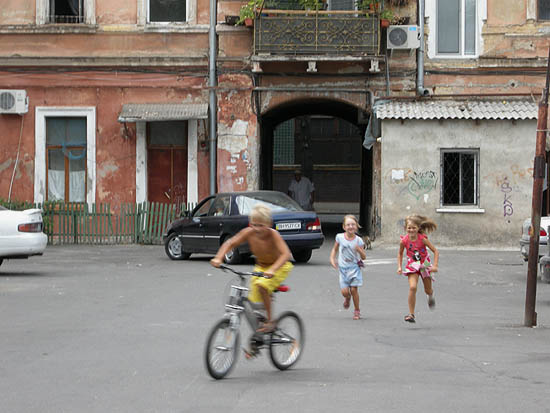
Walking all the morning in the Moldavanka, looking for the traces of Babel. The Moldavanka is not any more the gangland it once was. True, the house of Misha Yaponchik is still standing, with Benya Krik’s dove-cot in the courtyard, but the area became a decent working class district during the decades of socialism, with factories closed down and an unemployment high above the country’s average. A telling fact is that the only café in the entire neighborhood is on the main square, run by the charity of the Orthodox Saint Michael Church together with a children’s playground and a children’s deposit during the worship. “But why did you come out here in the suburbs?” the café auntie asks me. “No tourist has ever come here.” “I have read the stories of Isaac Babel, and I was curious about the neighborhood about which he wrote.” “Babel was a great writer”, she is nodding intently. “But do you know what? Go a little bit into our church as well. There one finds peace.”
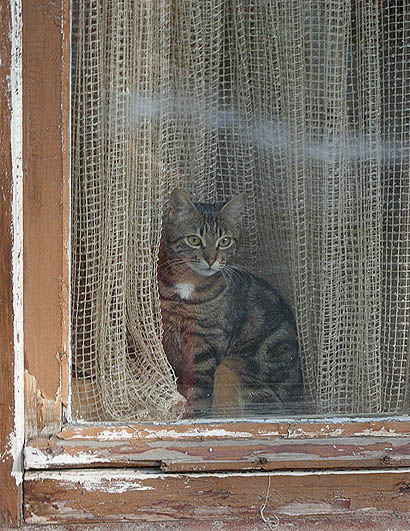
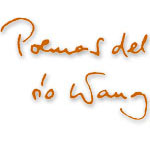




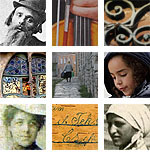
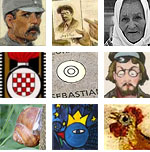
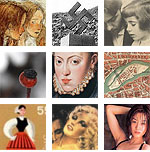
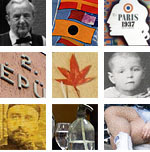
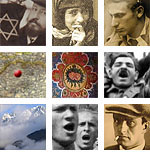
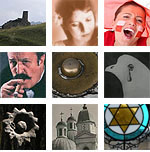
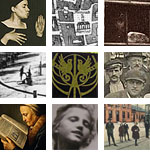
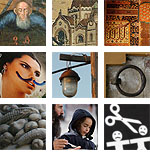
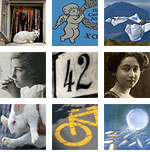
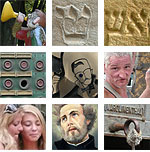
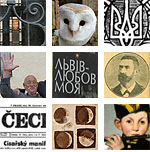
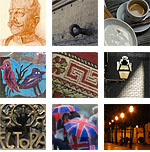
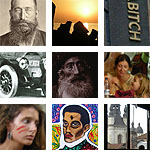
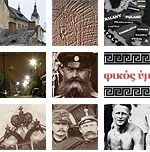
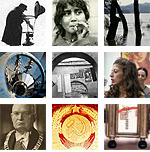
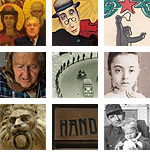
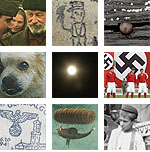
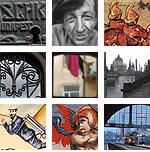
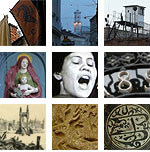
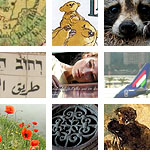
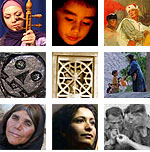
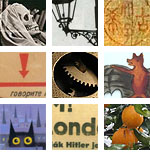
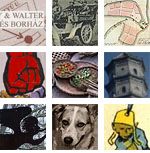
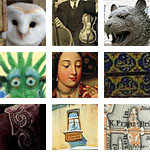
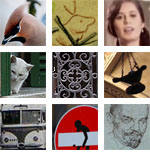
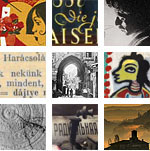
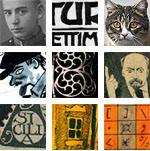

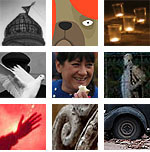
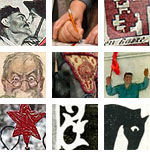
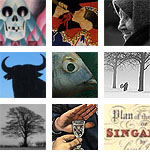
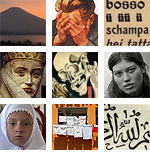
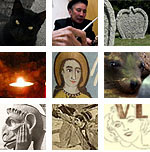
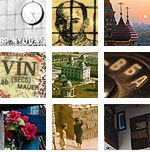
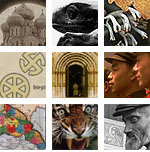
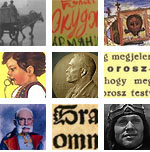
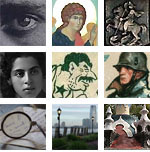
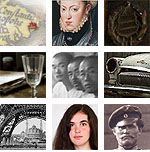
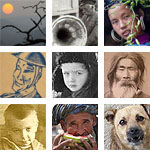
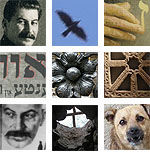
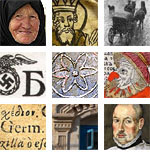
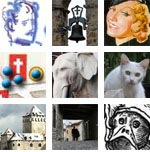
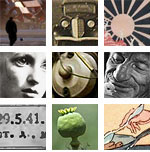
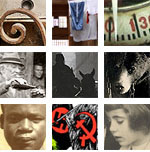
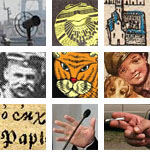
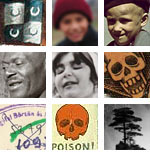
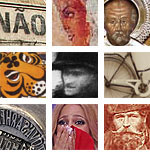
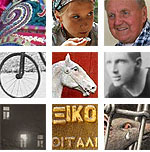
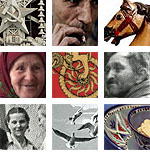
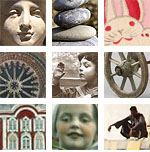


4 comentarios:
Benya Krik may have enjoyed a BMW too, who knows ?
He would have enjoyed a purple or yellow BMW, probably.
Studiolum, you definitely are the greatest Odessa storyteller I know(after Babel', of course. I am so grateful, and hope to read more about your thoughts in the Moldavanka.
Odessa is a pearl of Ukraine and the Black Sea and lots of tourists visit this wonderful city every year. To feel an atmosphere of Odessa, visit its cozy cafes and talk to local people. Ukraine Travel Guide created a directory of the best Odessa cafes to help tourists. You may also find there tips on accommodation, car rent, theatre guide and much more. Actually, you will find there everything you may need for Ukraine tourism.
Publicar un comentario